Optimal Timing for Tree Chipping Services
Tree chipping services are most effective during specific times of the year, depending on the purpose and local climate conditions. Typically, late winter to early spring is ideal for clearing fallen branches and storm debris before the growing season begins. This timing allows for efficient cleanup and prepares landscapes for new growth.
Additionally, late summer and early fall are suitable for managing overgrown branches and maintaining tree health. Conducting tree chipping during these periods helps prevent pest infestations and disease spread, while also reducing fire hazards by removing excess debris.
After storms or high winds, tree chipping efficiently handles fallen branches and storm debris, reducing hazards and clearing the landscape.
Performing tree chipping before the growing season promotes healthy growth by removing dead or overgrown branches.
Seasonal clearing of excess branches during dry months reduces fire risks and enhances landscape safety.
Regular chipping during late summer helps control overgrown trees and prevents potential damage to property.
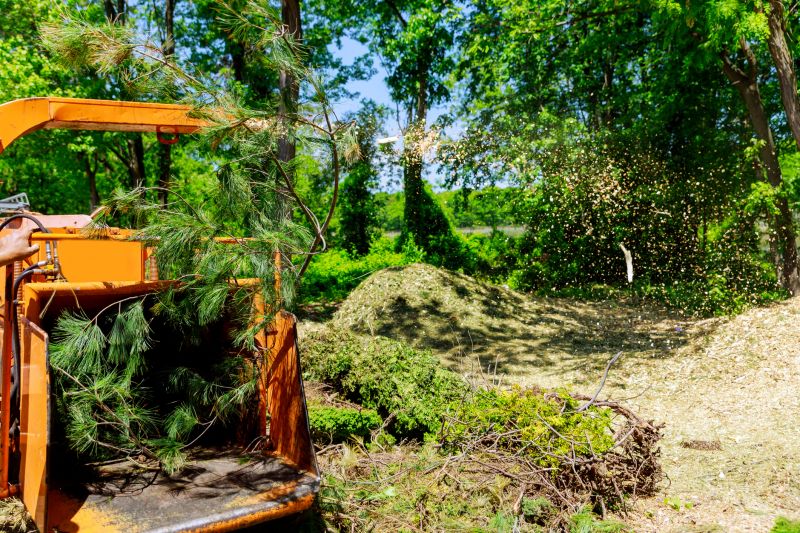
Heavy-duty chippers efficiently process branches and limbs into mulch.
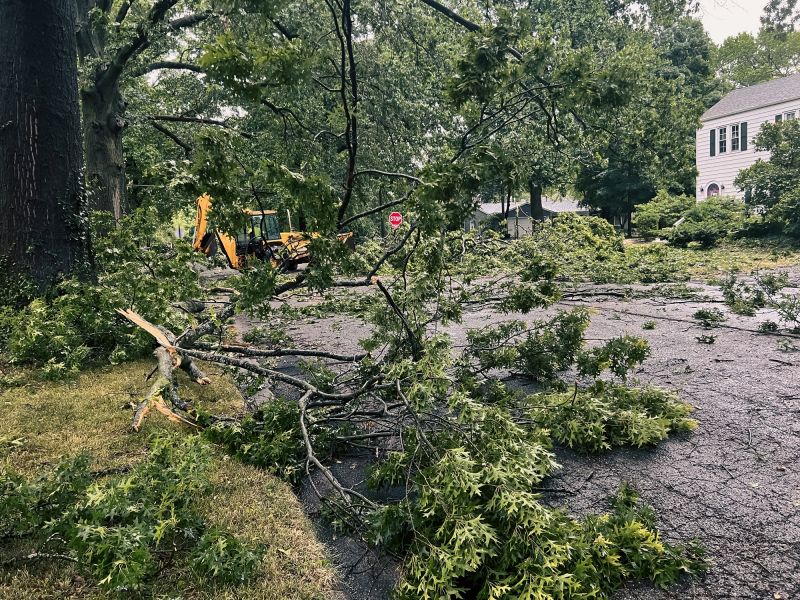
Chipping storm debris helps restore landscape safety and appearance.
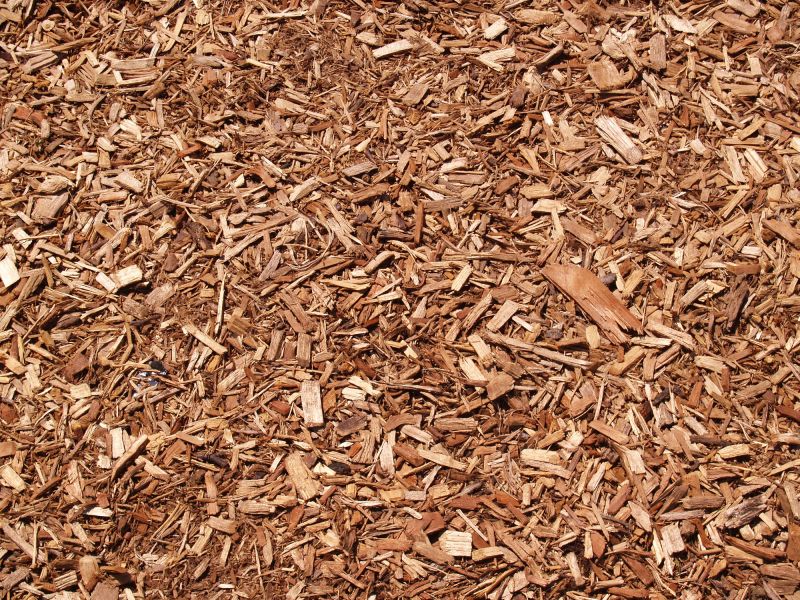
Processed wood chips can be used for landscaping and ground cover.
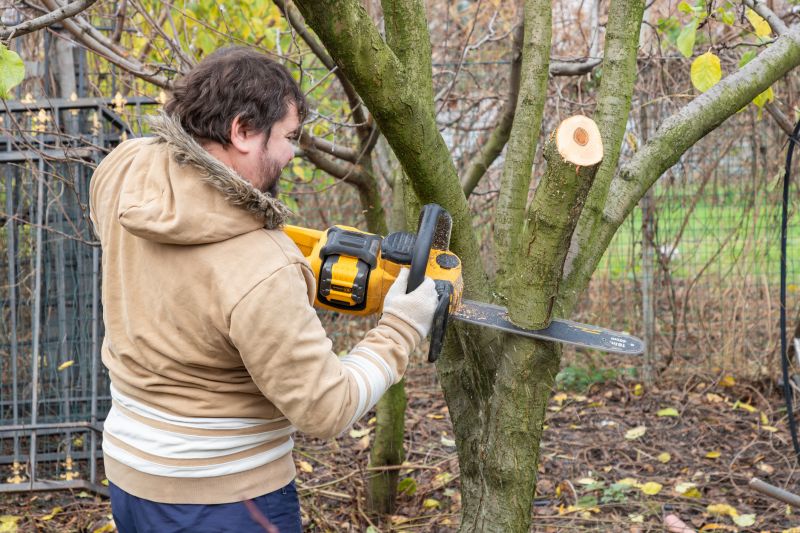
Ways to make Tree Chipping Service work in tight or awkward layouts.
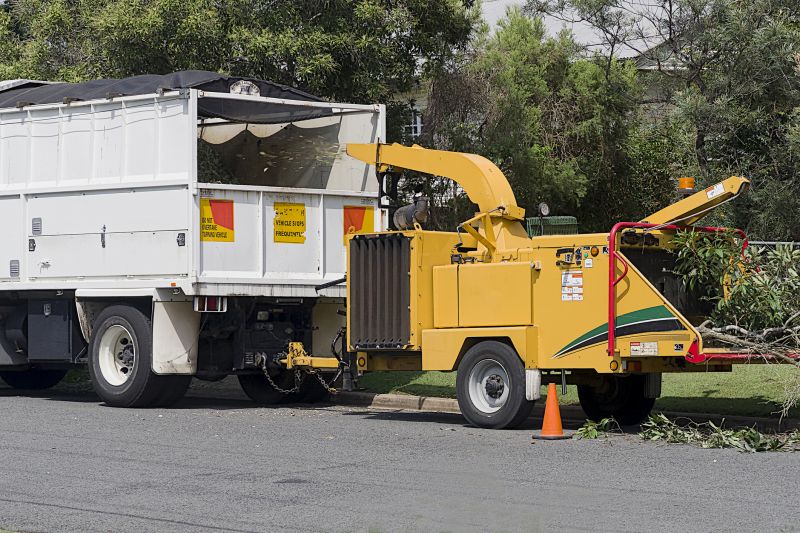
Popular materials for Tree Chipping Service and why they hold up over time.
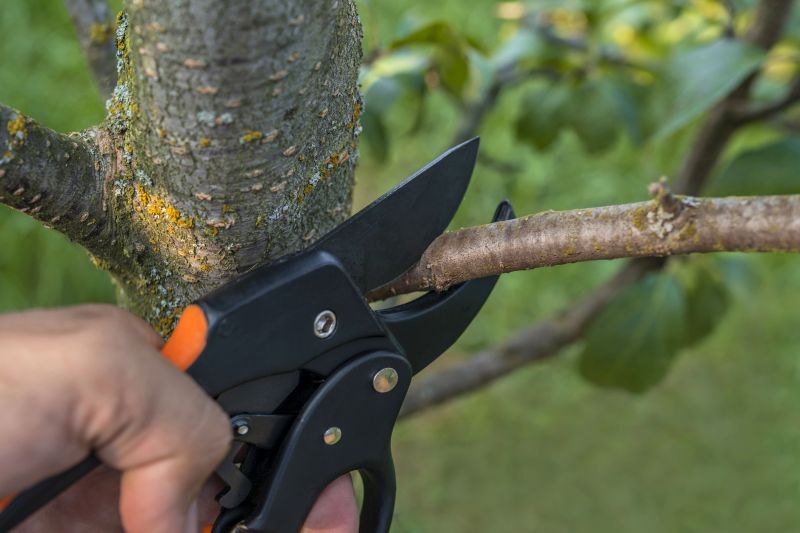
Simple add-ons that improve Tree Chipping Service without blowing the budget.
Tree chipping services involve the reduction of branches, limbs, and other woody debris into manageable mulch. This process not only aids in landscape cleanup but also recycles organic material for use in gardening and landscaping. Proper timing ensures that debris is handled efficiently, reducing fire hazards, pest risks, and landscape clutter.
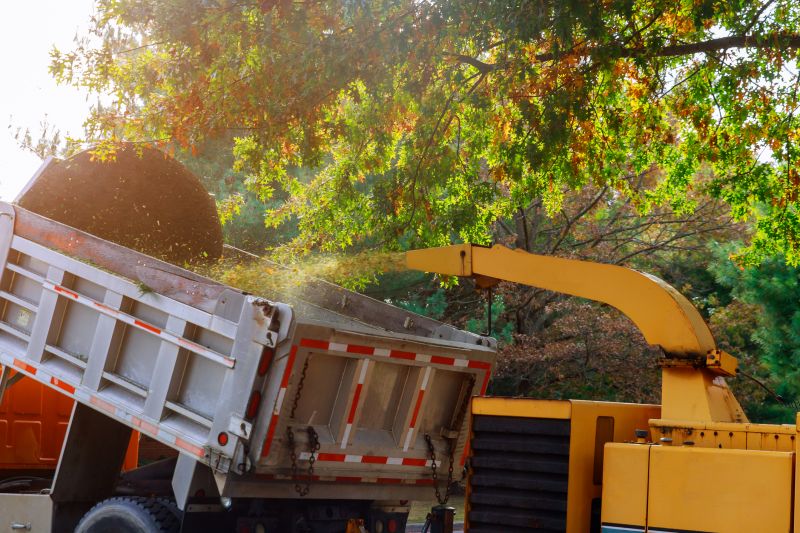
Operators process large branches into mulch on-site.

Mulch can be spread around trees and garden beds.
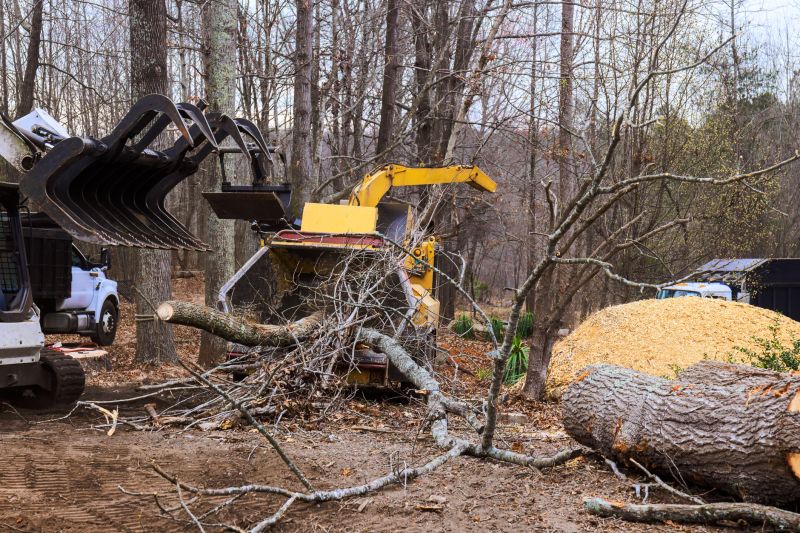
Removing storm debris with chipping equipment.
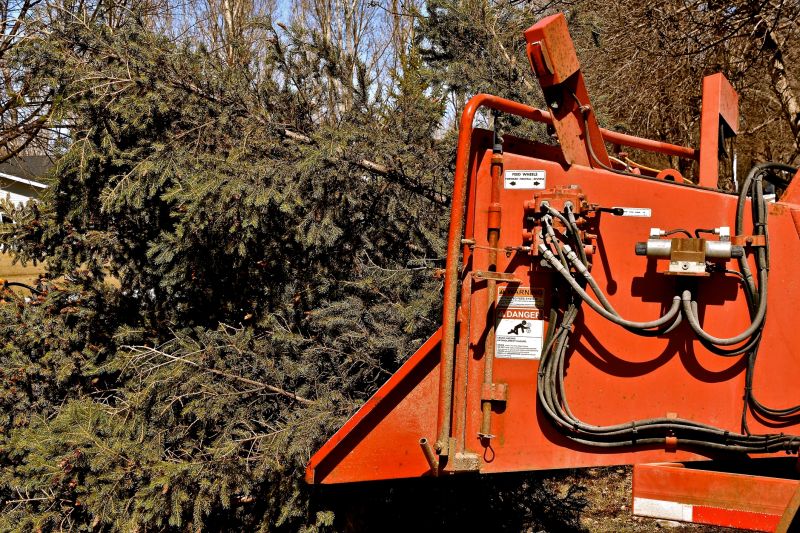
Preparing landscapes for planting or renovations.
| Season | Ideal Tree Chipping Activities |
|---|---|
| Winter | Clearing storm debris and preparing for spring growth. |
| Spring | Removing dead or overgrown branches before new growth. |
| Summer | Managing overgrowth and reducing fire hazards. |
| Fall | Managing leaves and preparing landscapes for winter. |
| Pre-Storm Season | Proactive debris removal to minimize storm damage. |
| Post-Storm | Cleanup of fallen branches and storm damage. |
Timing of tree chipping services depends on local climate, storm activity, and landscape needs. Regular maintenance during appropriate seasons ensures healthy trees, reduces hazards, and maintains landscape aesthetics. Consulting with a local arborist or tree service provider can help determine the optimal schedule for specific conditions.
Interested in scheduling a tree chipping service? Filling out the contact form can provide more information and help plan the most suitable time for landscape management needs.
